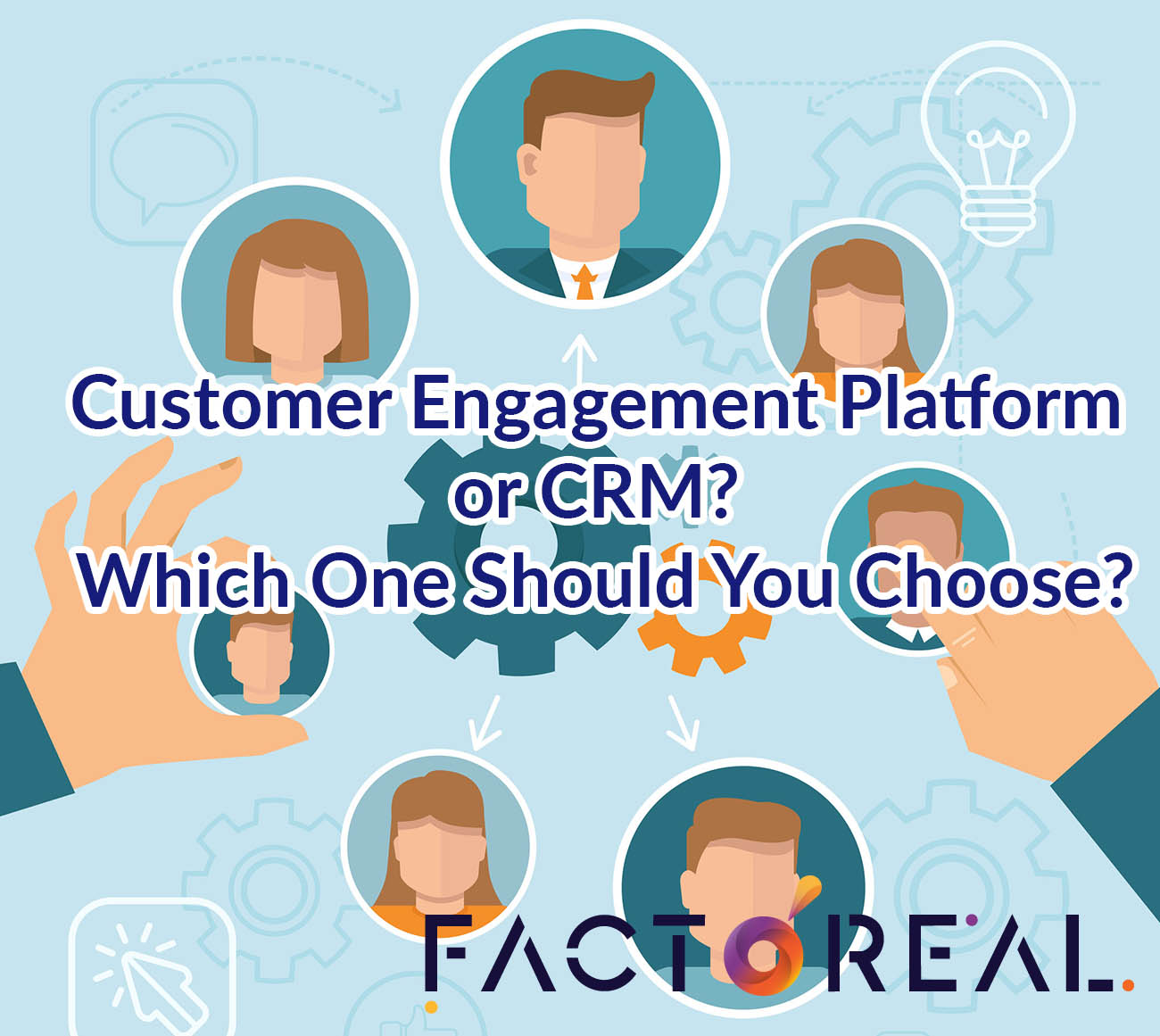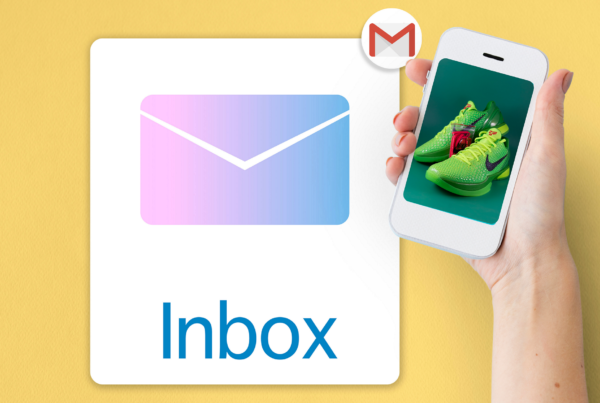
It’s no secret that providing a positive customer experience is increasingly more important now than ever before. Customers value it so much that they’re willing to pay extra for it. In fact, research shows they’re willing to spend 140% more after a positive experience than customers who report negative experiences. That’s where extra help from a customer engagement platform or CRM can make the difference for your business. Both tools assist you in building and maintaining positive relationships with your customers. However, they are different in the goals they aim to achieve.
Main Purpose of Customer Engagement Platform (CEM)
CEM focuses heavily on building your brand and marketing by gaining more perspective on current and potential customers. Some main purposes of CEM can include:
- Consumer feedback and expectations– Using data from multiple channels to better understand your customer’s likes and dislikes. Also, notifications are commonly included to inform you when your brand is mentioned and keep you updated on expectations, reviews, etc.
- Analytics and insight – tools that allow you to use collected data to learn more about your consumer’s perspective to better market your brand to them in a personal and unique way. Simply put, you get a better idea of their thoughts and feelings.
- Customer experience – CEM focuses on your consumer’s psychological influences to learn more about what they want to better meet their expectations. Learning more about what they expect in their experiences eliminates assumptions and promotes a more positive relationship with your clients.
Main Purpose of Using CRM
Tools in CRM are more focused on customer service and sales. Common goals associated with using CRM include:
- Improving interactions with clients – provides metrics to track and analyze prior conversations to improve future interactions with consumers.
- Anticipating customer needs – By continually tracking and storing consumer data, CRM can actively anticipate needs, expectations, and spending habits, and more.
- Tracking marketing, sales, and performance goals – Learn more about what sales tactics work best for your consumers, what campaigns resonated with your audience, performance reviews, and more.
- Valuable consumer insight and data – The more insight and data you obtain, the better your efforts will be in customizing your sales and services to fit your customer’s expectations.
Both tools allow you to strengthen your bond with your customers. CRM strengthens your relationship via sales and conversations, while CEM increases your engagement with your customers via their buyer behavior and insights. The answer may not be which one you should choose but rather how you can use both tools to increase customer experience. Contact us to learn more about CEM and CRM, and how they can help you.



